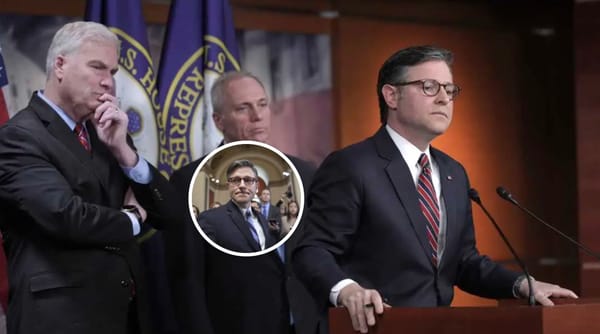Trump's DOGE battles to Supreme Court for access to Americans' sensitive data
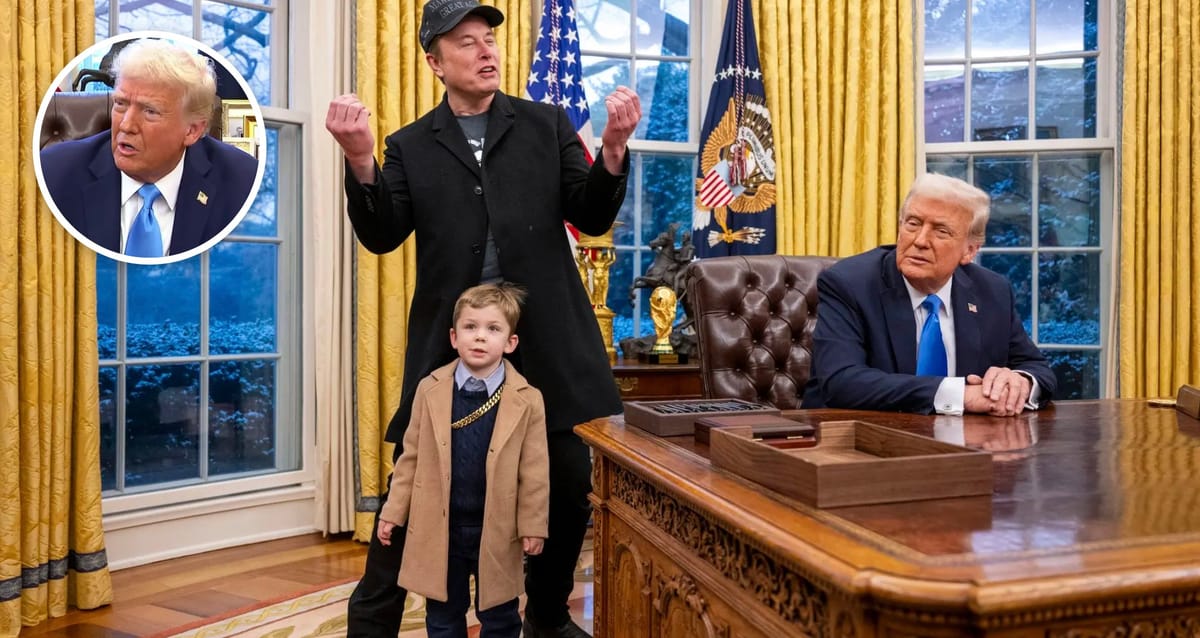
A controversial government efficiency drive is facing major hurdles.
It's a battle now potentially heading to the highest court in the land.
Reshaping Government Efficiency
Under President Donald Trump, the Department of Government Efficiency (DOGE), spearheaded initially by tech entrepreneur Elon Musk, set out to implement rapid, large-scale changes across federal agencies.
The initiative aimed to streamline operations, eliminate waste, fraud, and abuse, and modernize outdated government systems.
Despite Musk stepping back from his prominent role, the work of DOGE and its embedded personnel continues.
Staffers brought in under the DOGE banner have taken key positions, from temporary "special government employees" to roles considered more permanent within various departments.
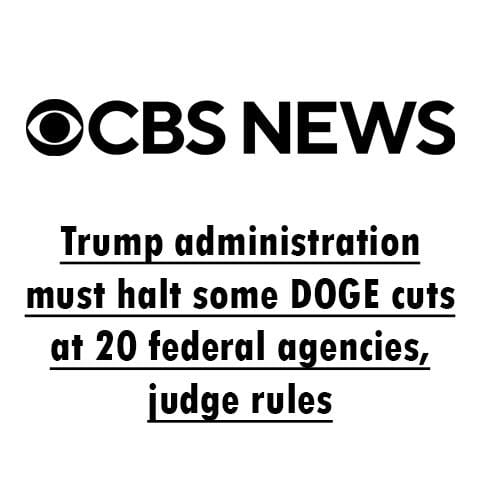
Pushback and Legal Challenges
The rapid pace of change and the insertion of DOGE personnel into established structures led to friction.
Some Cabinet secretaries reportedly pushed back against what they saw as DOGE encroaching on their departmental authority.
The effort has also encountered legal battles over the scope and limits of its reach.
A senior Justice Department attorney reportedly described DOGE's mission as "somewhat pervasive, and it’s hard for us to clearly define."
However, supporters argue this pervasiveness is necessary to effect real change in a vast bureaucracy.
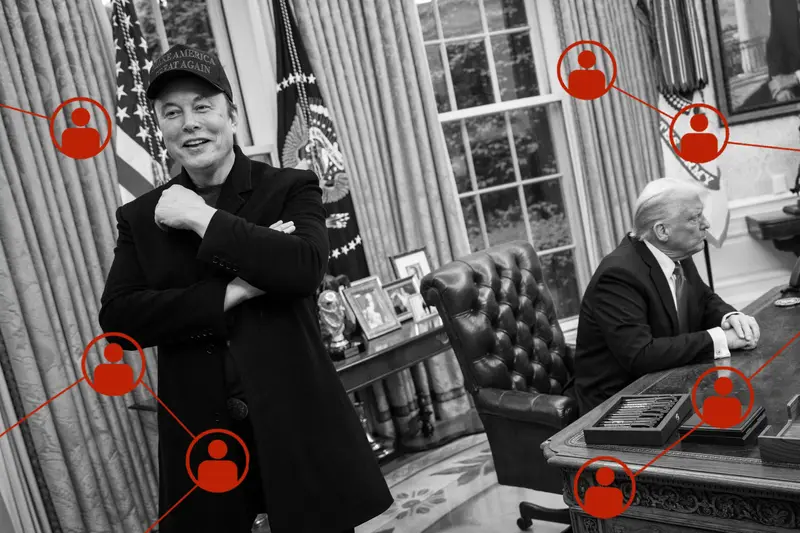
Deeply Embedded Across Agencies
The administration has been clear that DOGE's presence is widespread, with an official stating, "DOGE is everywhere."
Individuals aligned with the DOGE mission have taken senior leadership roles in almost every executive branch department and agency.
This includes critical areas like the Social Security Administration, Internal Revenue Service, and Centers for Medicare and Medicaid Services.
Many have tech-world backgrounds, brought in to address long-standing issues with government software and data systems.
Comptroller Gene Dodaro, head of the Government Accountability Office, noted some benefits, telling lawmakers, "They’ve opened up some data barriers that had been preventing the federal government from detecting improper payments and fraud."
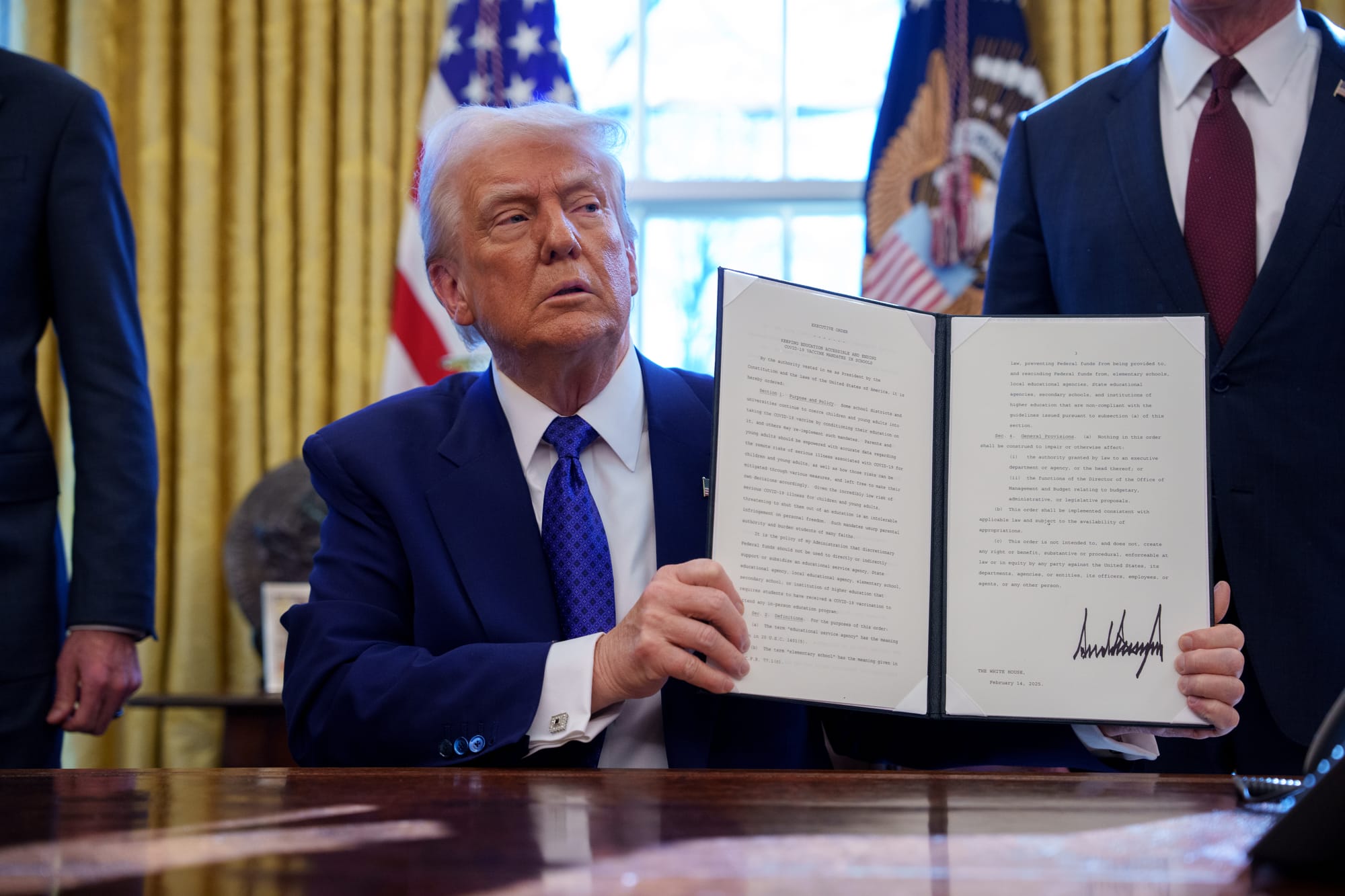
Focus on Fraud and Data Modernization
A key objective for DOGE has been modernizing government information systems and rigorously combating fraud and waste.
This involves accessing and analyzing vast amounts of data held by agencies, including sensitive personal information.
At the Social Security Administration, where DOGE has embedded around a dozen staffers, projects include verifying if individuals are still alive ("Are You Alive?"), cleaning up death data records, and detecting fraud in payments and wage reporting.
Investor Antonio Gracias, embedded at SSA, spoke publicly about efforts to find fraud, citing the number of non-citizens receiving Social Security numbers as an area of focus.

The Drive for Efficiency Continues
Despite the challenges, White House spokeswoman Karoline Leavitt affirmed, "The mission of DOGE — to cut waste, fraud, and abuse — will surely continue."
Congressional allies also express confidence in the initiative's momentum.
Republican Rep. Aaron Bean described Musk as the "rocket booster" that launched DOGE, now separating as the mission continues.
House Appropriations Chair Tom Cole suggested DOGE is becoming "institutionalized" during the Trump years, performing a "really useful function."
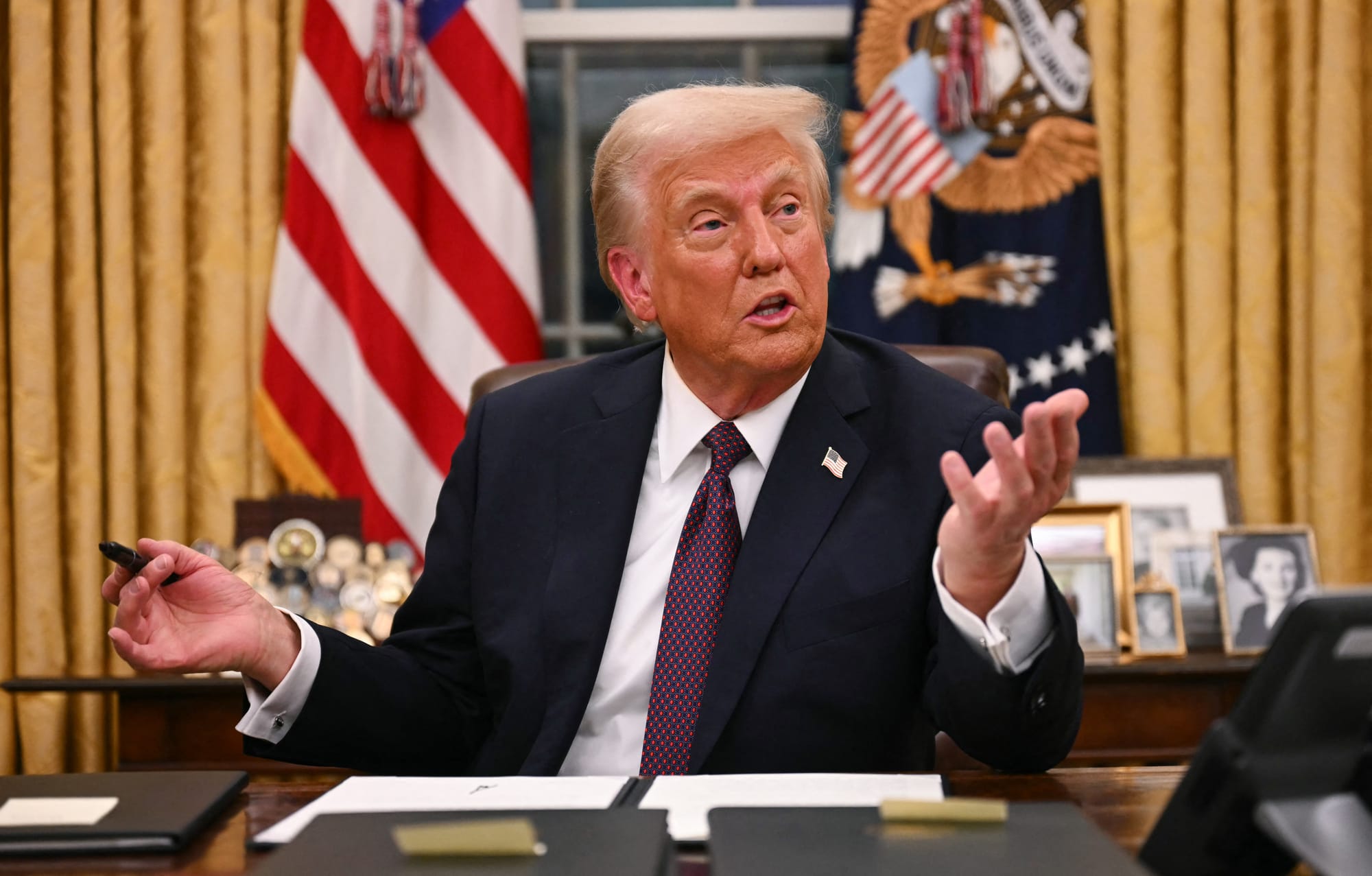
Heading to the Highest Court?
However, a significant roadblock has emerged in federal courts.
Lower courts have issued orders blocking DOGE staff from accessing Americans’ personal information within agency databases, specifically at the Social Security Administration.
These rulings directly impede DOGE's ability to execute its core projects aimed at identifying improper payments and fraud through data analysis.
In response, the Trump administration has taken a decisive step.
The administration asked the Supreme Court on Friday to reverse the lower court orders.
This move seeks to lift the ban and allow DOGE to proceed with its mission of modernizing government data systems and combatting fraud and waste, arguing the access is necessary for these vital efficiency efforts.
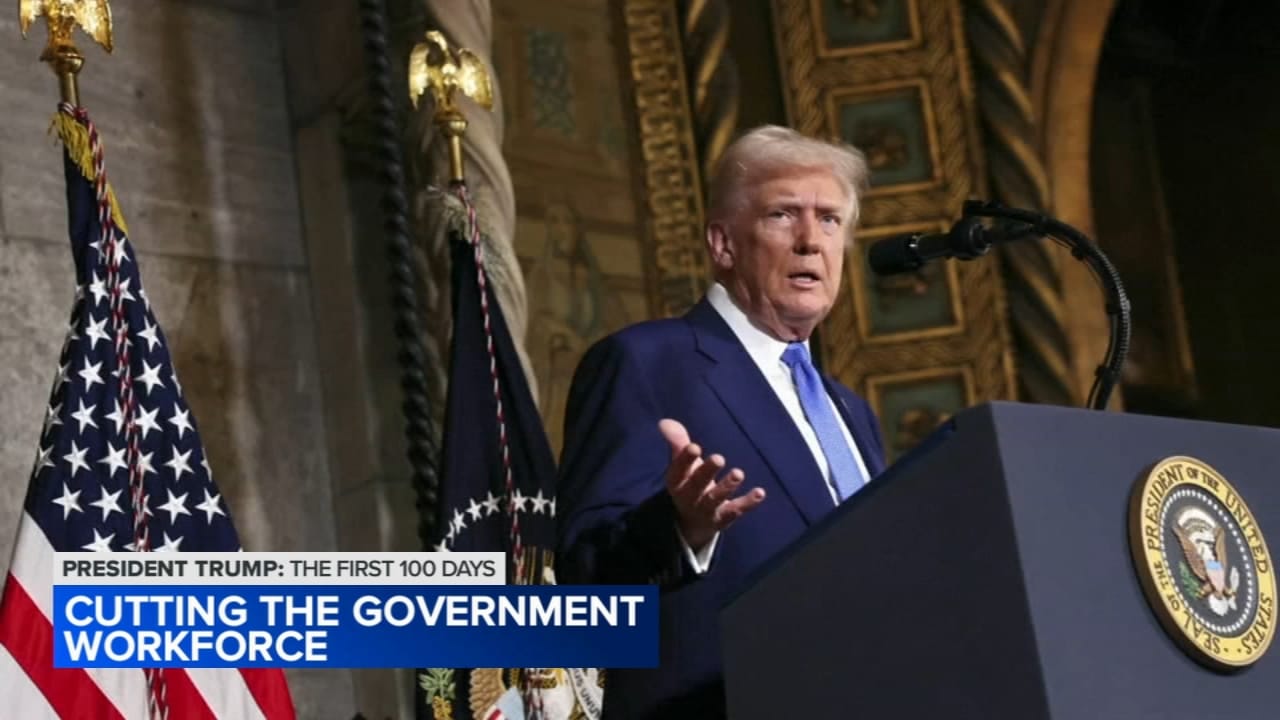
The Supreme Court's decision on whether to hear the case, and its eventual ruling if it does, will significantly shape the future capabilities and reach of the Department of Government Efficiency in its ongoing efforts to reform federal operations.


